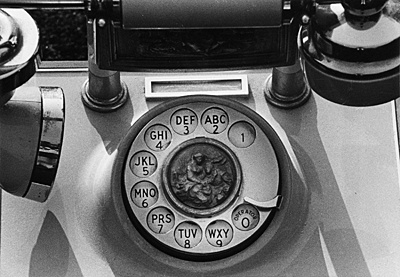All Nonfiction
- Bullying
- Books
- Academic
- Author Interviews
- Celebrity interviews
- College Articles
- College Essays
- Educator of the Year
- Heroes
- Interviews
- Memoir
- Personal Experience
- Sports
- Travel & Culture
All Opinions
- Bullying
- Current Events / Politics
- Discrimination
- Drugs / Alcohol / Smoking
- Entertainment / Celebrities
- Environment
- Love / Relationships
- Movies / Music / TV
- Pop Culture / Trends
- School / College
- Social Issues / Civics
- Spirituality / Religion
- Sports / Hobbies
All Hot Topics
- Bullying
- Community Service
- Environment
- Health
- Letters to the Editor
- Pride & Prejudice
- What Matters
- Back
Summer Guide
- Program Links
- Program Reviews
- Back
College Guide
- College Links
- College Reviews
- College Essays
- College Articles
- Back
The Human Singularity MAG
The world is changing. This article could become a hit in California before a single person in my Virginia hometown sees it. When I see people scratching their heads over how this election cycle is so “unpredictable by conventional methods” and “not matching up to past data,” my response is, “Excuse me?” There have been only 58 presidential elections in this country. The public Internet has existed for about five of them. There is no past data to match up to. Media outlets like CNN and FOX News were shocked about the popularity of Bernie Sanders and Donald Trump, because, they said, nothing like this has ever happened before. I’d like to let them in on a little secret: nothing like this has ever happened before because the world has never been anything like it is now – and that doesn’t stop with politics.
I think a lot about the world I live in and how different it is from the one my parents remember. On September 11, 2001, I was almost two years old, far too young to remember anything that happened that day. Almost none of the students in my school can remember either. A few weren’t even alive yet. 9/11 defined our world, but it does not define our generation.
What defines us? The War on Terror? The Great Recession? No. What defines our generation, more than anything else, is our connectedness. Most of my friends can’t remember a time before we could reach one another with the push of a button. Our parents were the last truly low-tech generation. They now have to raise us, the first truly high-tech generation. That causes problems. We can’t go on like nothing has changed, as though the old ways are always right. The most dangerous phrase in the English language is “We’ve always done it this way.”
As much as we would like to deny it, a large portion of America detests progress. I see it in places like Westboro Baptist Church, waving their “God Hates F*gs” signs. I see it in Congress, where Senator James Inhofe presented a snowball to the Senate as “evidence” to disprove climate change. Most of all, I see it in the people asking “Why can’t we go back to the good old days?” or “Wouldn’t things have been better in a simpler time?” or reading about the latest global catastrophe and saying “This wouldn’t have happened if it weren’t for [insert minority group or political figure here].”
I am terrified of these people, not because of what they have done or may do, but because of what they create. While America has been called the only global superpower, it is also the only developed nation to ignore scientific discovery in this way. In the words of the late Carl Sagan, “We live in a world exquisitely dependent upon science and technology, in which hardly anyone knows anything about science and technology.” The people who turn their backs on discoveries that don’t match their religious beliefs, who ignore the facts that are sometimes literally right outside their windows and cannot adapt to what the world throws at them will fall behind in the world. They will be society’s burdens instead of its producers. The greatest paradigm shift in history is happening right under our noses, and we’re still living in the past. We cannot use first century solutions to solve twenty-first century problems.
For decades, science fiction writers and futurists have discussed the point at which our technology will be as smart as us. They called this point “the singularity.” The most visionary of futurists believe this will occur within 15 years. Some of the, shall I say, less visionary place the singularity more than 100 years away. I wish to propose an alternate viewpoint: the singularity has already happened.
Our technology will become more intelligent than us not by working independently of humans but by building on and enhancing us. The species that conquers the stars, that achieves global peace, and that creates a perfect world will not be us. It will be a species that is like us but with more of our strengths and fewer of our weaknesses. A species that works with its creations instead of tearing them down.
This human singularity is the best possibility for the future of the world, but achieving it starts with us, now. If we are ruled by fear, if we refuse the scientific truths in front of our faces, and if we try to live our lives like generations past, we deserve whatever ignorant existence we’ve got coming. The world is changing. So must we.

Similar Articles
JOIN THE DISCUSSION
This article has 0 comments.
